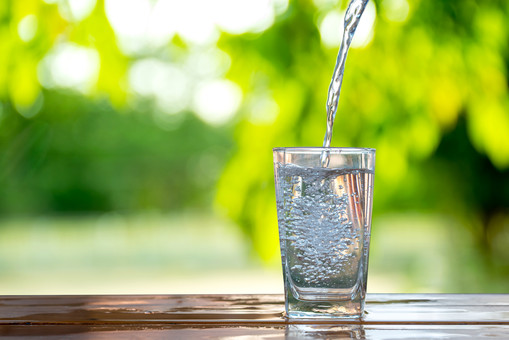The recast Drinking Water Directive (DWD) is the EU’s main law on drinking water. It concerns the access to and the quality of water intended for human consumption to protect human health.
The main pillars of EU drinking water policy are to:
- protect human health by ensuring the quality of water intended for human consumption
- ensure that drinking water quality is controlled through standards based on the latest scientific evidence
- secure efficient and effective monitoring, assessment and enforcement of drinking water quality
- provide Europeans with adequate, timely and appropriately information
- and to improve access to water intended for human consumption
Following the directive, the Commission adopted minimum hygiene standards on 23 January 2024 for materials and products that come into contact with drinking water by means of three Implementing Decisions and three Delegated Regulations.
- Drinking water – Adding or removing starting substances, compositions or constituents from the European positive lists
- Drinking water - methodologies for testing/accepting substances, compositions & constituents in European positive lists
- Drinking water – Marking of products in contact with drinking water
- Drinking water - conformity assessment procedure for products that come into contact with drinking water
- Drinking water - establishing the European positive lists of starting substances, compositions, and constituents
- Drinking water – procedure and methodologies for testing and accepting final materials
Member States have to set up data sets on
- the quality of water intended for human consumption and update them annually
- information related to the risk assessment and risk management of the catchment areas for abstraction points and to the risk assessment of domestic distribution systems and update them every six years
- information on measures taken to improve access to and promote the use of water intended for human consumption and update them every six years

